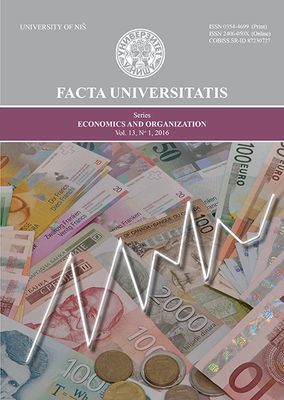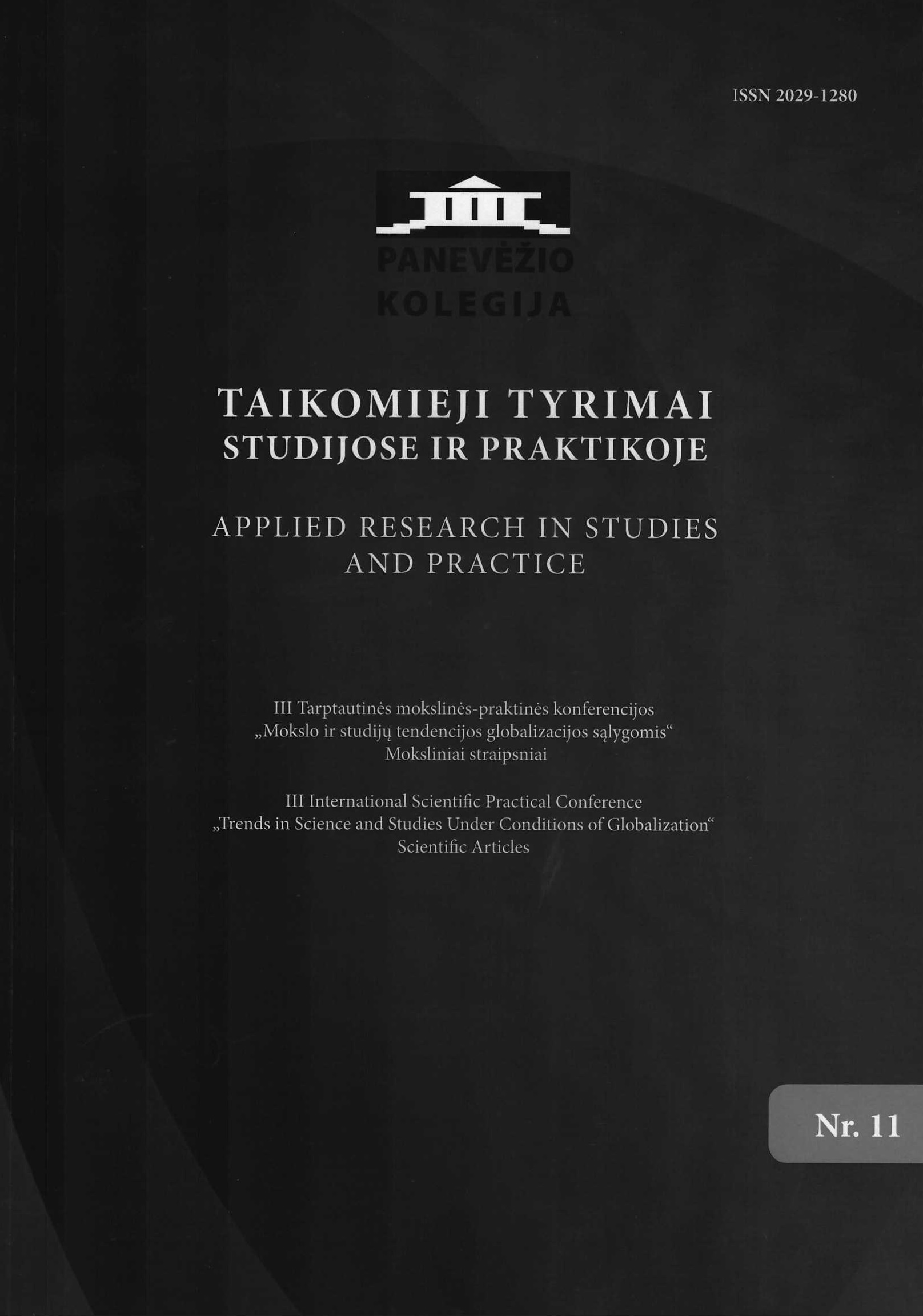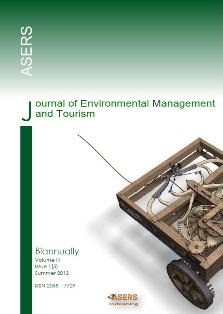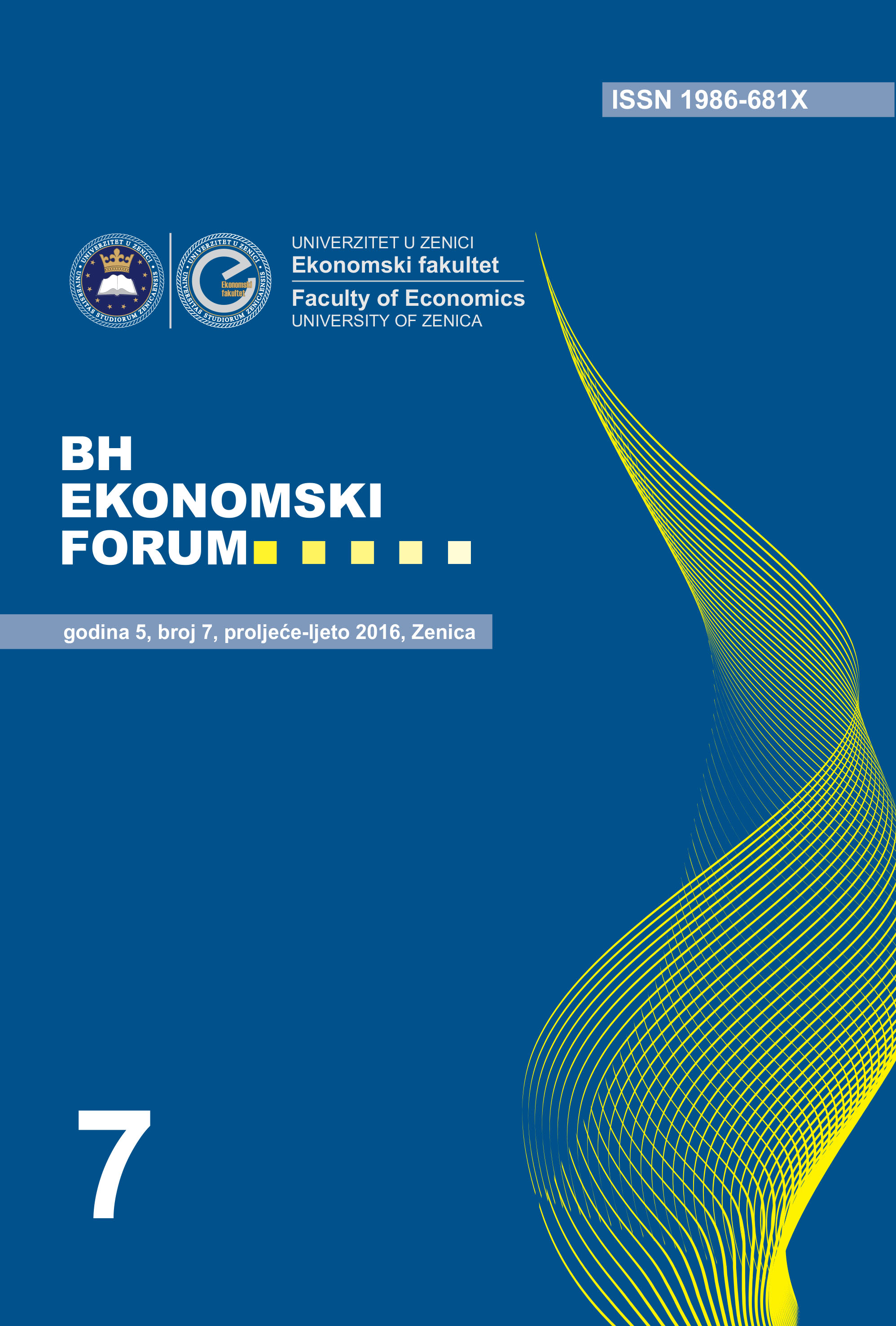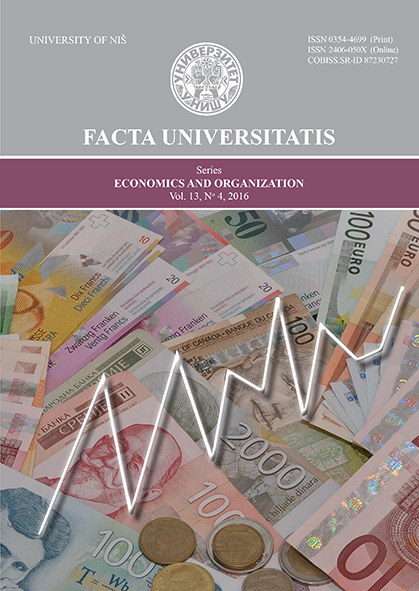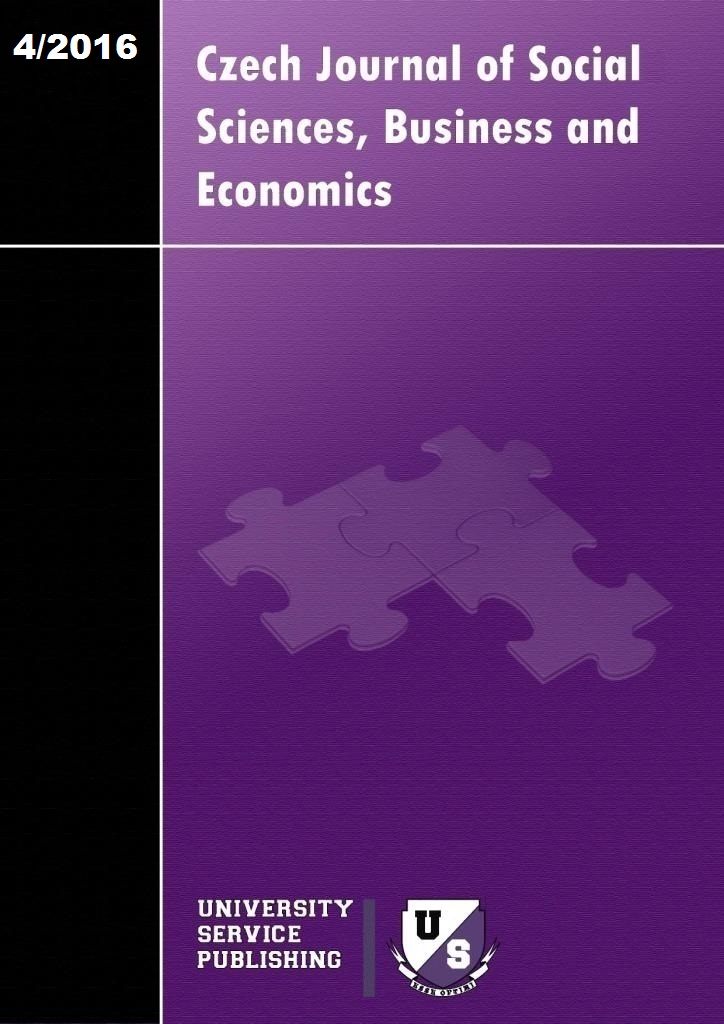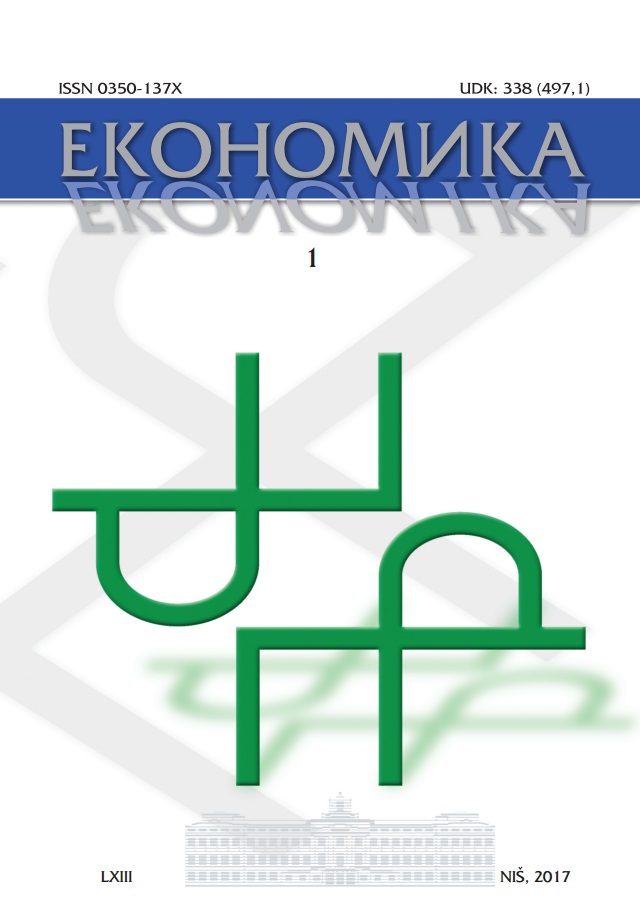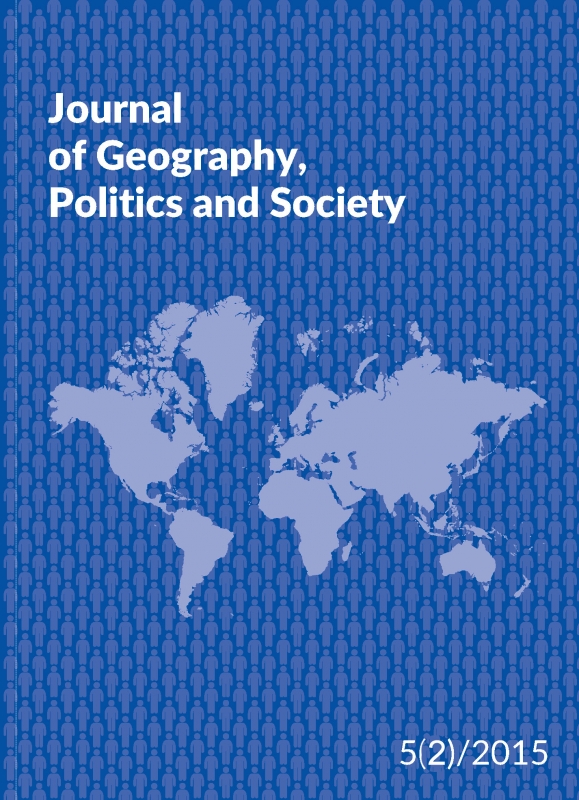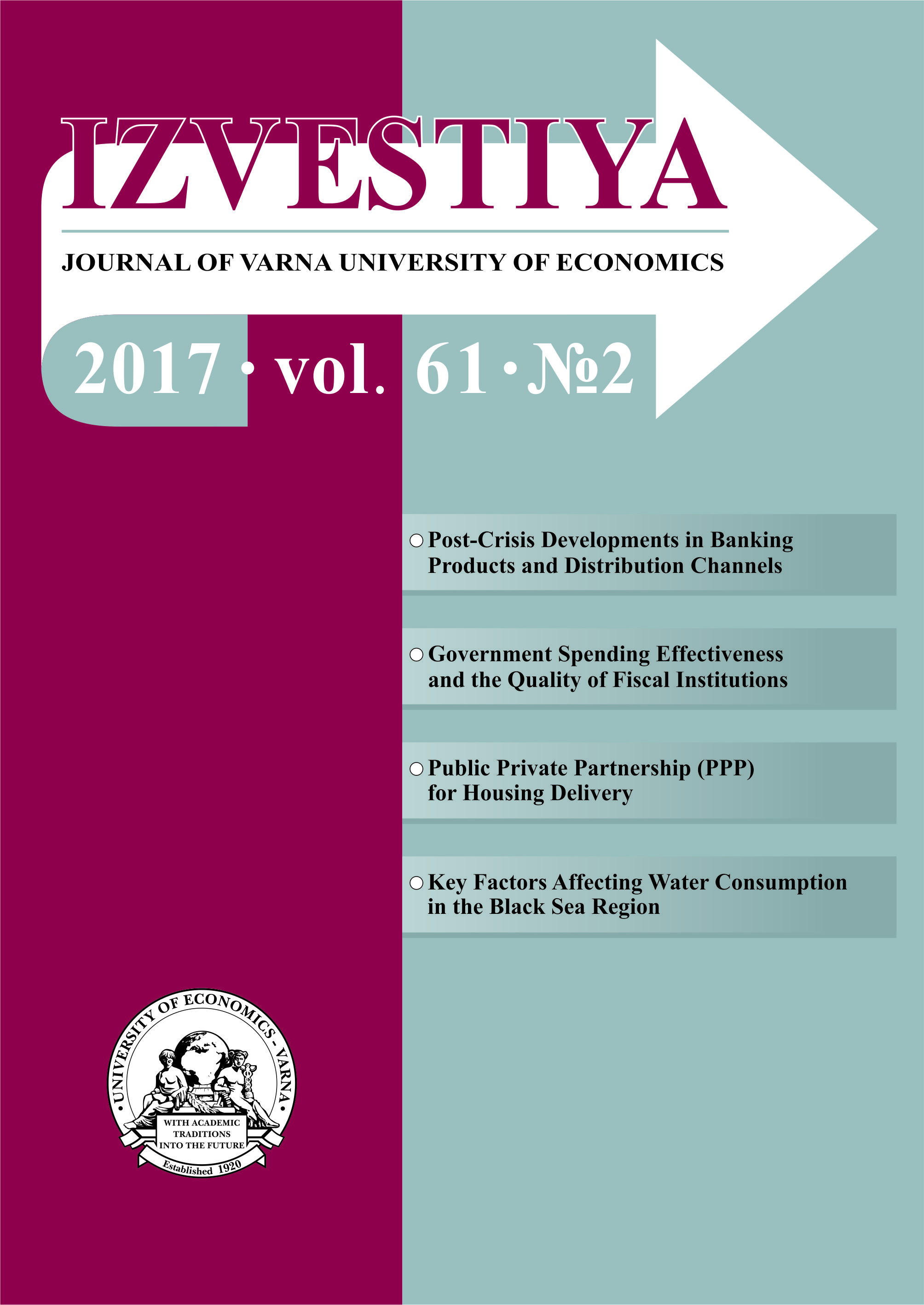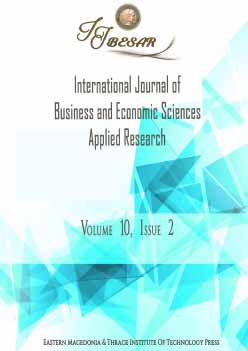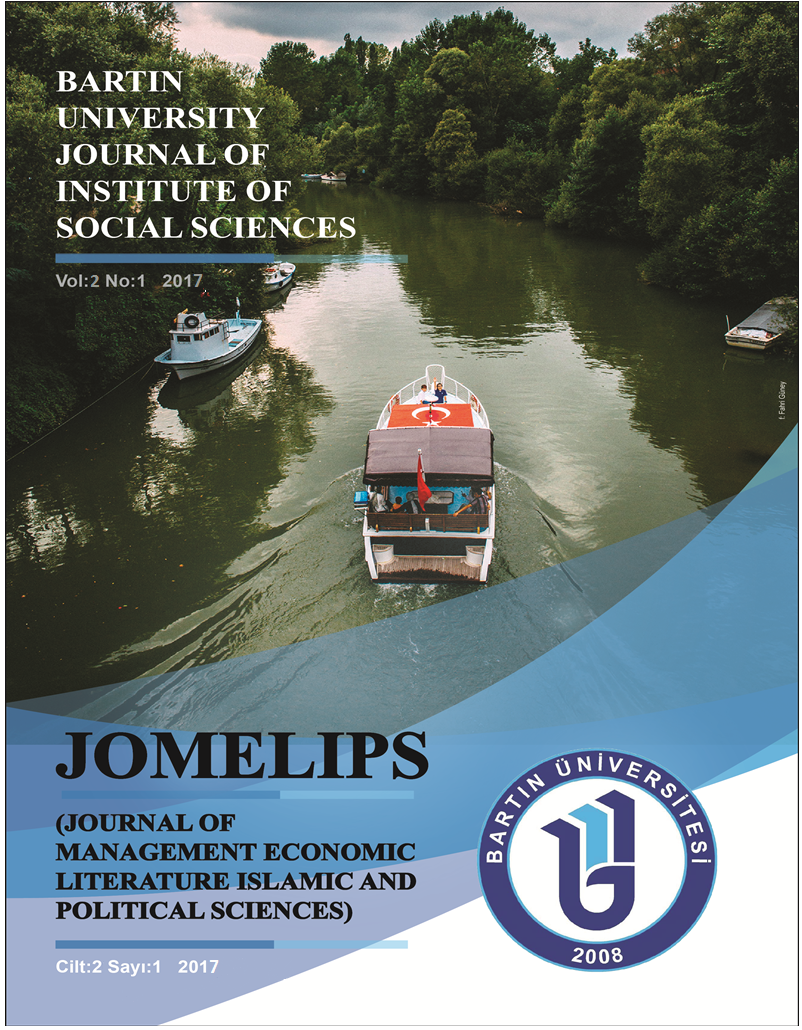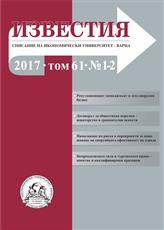Author(s): Ramutė Narkūnienė / Language(s): Lithuanian
Issue: 1/2015
The theme is relevant because of the region's competitiveness depends the country's competitiveness. A strategic task for the country is to increase the competitiveness of tourism sector. To increase regional competitiveness are forming different strategies, are applying different measures, the granting of financial resources. It is very important to distinguish the tourism region competitiveness factors, which are assessed. With the help of the tourism competitiveness factors it is possible to increase the tourism competitiveness of the region. The aim of the article - after theoretical research of a tourism region competitiveness concept, evaluate the tourism competitiveness of Eastern Aukštaitija region and submit proposals for improving the competitiveness of region. The tasks of article are to perform an analysis of the competitiveness of the tourist region of theoretical terms, to perform Eastern Aukštaitija region's tourism competitiveness study and to submit proposals for improving the competitiveness of region. Research methods are the analysis of scientific literature, the testing of the tourist region of competitiveness factors and evaluation competitiveness of the tourism region, using a "web" sketches (spider plot). Competitiveness of the tourism regions have analyzed foreign authors M. E. Porter (1998, 2003), Hassan (2006), Crouch and Ritchie (2003), Poon (1993), Lary Chulwon Dwyer and Kim (2001) and T.E. Dmitrijeva and V. A. Šeniavskij (2009), Wöber (2002) and Lithuanian authors Bruneckienė J. (2008), Andrulienė R., A. Armaitienė, Povilankas R., R. Janulienė, Dulskis D. (2011) Kamičaitytė A. (2004), I. Šiaulytė, E. Jasinskas and other scientists. Ritchie and Crouch (2003) identified 36 factors of competitiveness, which are divided into five main groups. It has been explored the tourism region competitiveness concept. It is concluded that tourism region competitiveness is the region ability under the influence of external competition, generate a relatively high income and employment levels of human resources. It has been identified that it is the most purposeful to use the generally repetitive factors as basic factors (natural and cultural tourism resources, tourism infrastructure, staff competence, the variety of tourist market, geographical environment, virtual environment). The first conclusion of the article is that competitiveness of tourism regions depends on the development of resources and the environment in which service companies are competing. The most important factors of competitiveness development resources are natural resources, staff competence, financial resources and infrastructure. The most important competitiveness-enhancing environment includes the role of government, the possibility of regional and international economic situation and business critical circumstances. The second conclusion is that the assessment of Eastern Aukštaitija competitiveness factors, distinguished on the basis of Wöber (2002) methodology (cultural and natural resources, tourism, infrastructure, personnel competence, the tourist market variety, geographic environments, virtual environment, the tourist image of the area) the overall competitiveness of the tourist region of the average of the experts point of view is 7.5 points - it's a pretty good rating. The highest score (9 points) evaluated the geographical environment, the lowest score (6 points) - a tourism destination management and tourism infrastructure. Regional tourism development trends, experts have rated higher marks - 9,13 points. Among the highest score to assess trends - cultural and natural resources and tourist image of the area - by 10 points. Proposals for increasing the competitiveness of Eastern Aukštaitija region are to create tourism clusters in Eastern Aukštaitija region, to develop regional protected areas as competitive eco-tourism, to encourage public-private sector cooperation in the field of tourism, exploiting the region's natural resources, the development of tourism products for individual experiences, to improve tourism staff competence, to improve the management of tourism in the municipalities.
More...

